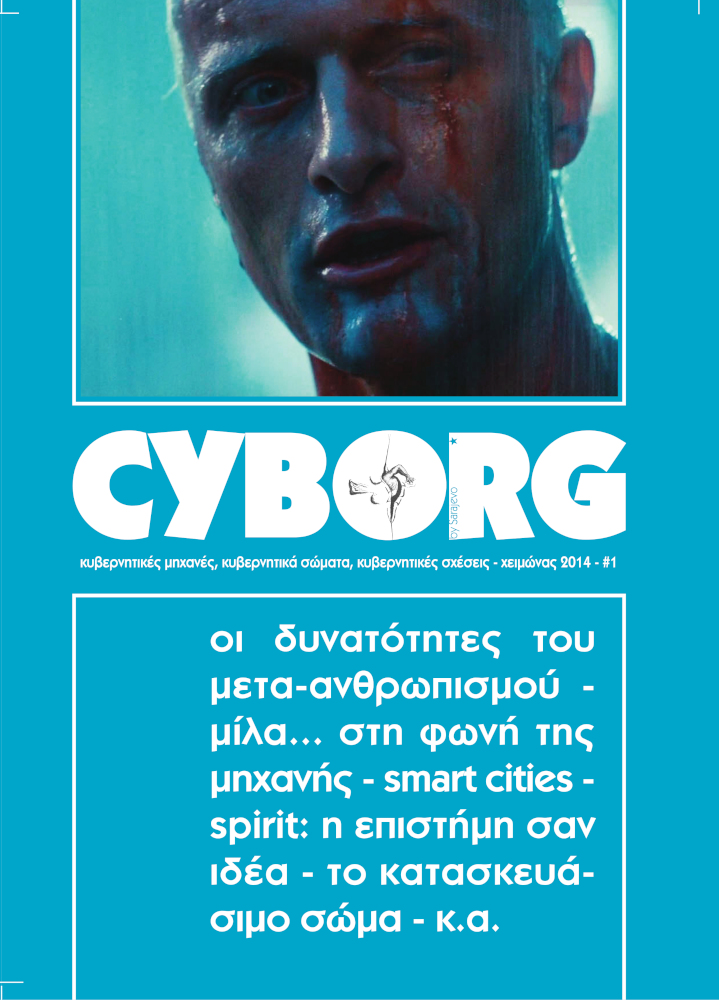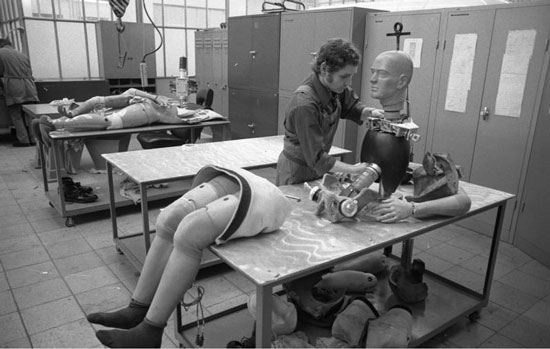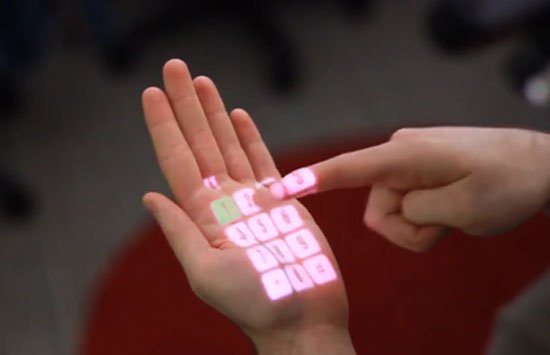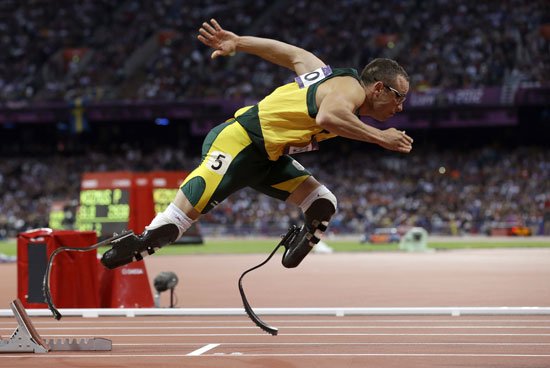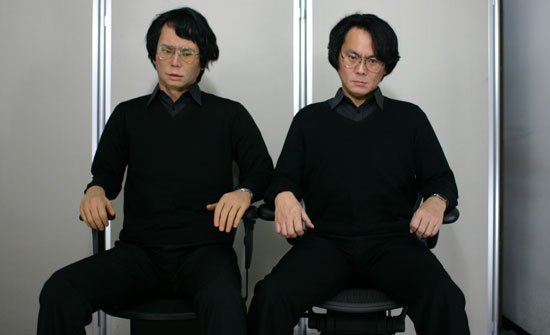Biotechnologies · Neuroscience · Genetic Engineering · Consciousness Studies · Chaos Theory · Cybernetics · Nanotechnologies · Physics of New Materials · Quantum Mechanics: If terms like these evoke confusion, irritation, fear, or indifference, then we are simply strangers in the very era we live in. The techno-sciences are racing forward—not in hidden, mysterious laboratories—but have been shaping the technical foundation of a new capitalist “paradigm” for many years now. Yesterday · Today · Tomorrow. And what is the significance of this new technical base? Is it not true that everyday life, individual and/or social, remains the same - as always?
If we say “no, it is not the same,” some will accuse us of technological determinism. That is, that we directly and immediately link the formation and organization of social relations with technical applications, with machines. We do not intend to make such one-way correlations: for us, machines are also products of (social) relations.
Thus, there is a continuous dialectic, even in the everyday life of capitalist societies, between relations and tools. However, this dialectic is multi-layered.
For instance, while the invention of the internal combustion engine, back in the day, was the product not only of individual ingenuity but also of social processes, its mass use of the automobile subsequently modified, even radically transformed, a wide range of social relations: from uses and investments, to evaluations of daily time, to the design and construction of cities.
Something similar has happened with the most common modern electronic device: the mobile phone. It started as a telephone and is destined to be (already is, to a considerable extent) the universal remote control of everyday life.
Thus, we argue that the technological base of societies (and especially capitalist societies) is either stable for a shorter or longer period, or dynamic and constantly evolving, and it interacts with social relations. It is shaped by them, but also shapes them in return. Perhaps, indeed, the first side, the “production” of techno-scientific innovations, is historically the most mystified part of this process. But under current conditions, the second part of the dialectic is also highly mystified: the transformation (in some cases radical) of social relations.
Cyborg literally means cybernetic organism. A living organism that includes, as part of itself, constructions from new technologies. In popular imagination, the cyborg appears as a humanoid robot/warrior, something like the cinematic “terminator.” But cyborgs, beyond their material existence per se, are much more. They are the general codification of relations between new machines and their users, within the emerging new capitalist paradigm. From this perspective, the first wave of cyborg formation is already everywhere: in every instance of hand-to-touchscreen, ear-to-device, eye-to-screen interaction.
This edition aims to investigate and highlight the social and political significance of this “new wonderful world,” from as many angles as possible. It is something neglected, ignored or, at best, the subject of academic engagement by various specialists in social control.
Research with such aims is not easy. The (new) bio-informatic paradigm is not a change that happens (or has already happened) once and for all. Rather, it constitutes a new layer of organization of capitalist societies, which overlays previous layers over time. This means that various aspects of the old world, in terms of social relations, ideologies, habits, behaviors, continue to exist. Only now, to a greater or lesser extent, they operate under the functional and ideological hegemony of the new paradigm. This forced, transitional, and certainly temporary coexistence of the old with the new blurs boundaries, consequences, and causal relationships.
It allows every kind of phantom, born in twilight or half-darkness, to thrive. In practice, developed capitalist societies, during such transitional periods, fall into the twin traps of technophobia and technophilia. Into the twin traps of repulsion and various forms of desperate “returns to the past” on one hand, and fetishistic devotion to the new on the other. The work of critique thus becomes harder - but even more necessary.
In a society like the greek, intellectually provincial, conservative, philistine, morally duplicitous, emotionally bankrupt, and theatrically political, we have no illusions: the work of cyborg as a journal is inevitably of marginal “value.” We expect to hear, directly or indirectly, the full spectrum of criticisms typical of the swamps of ignorance. Since we know them in advance, they neither influence nor discourage us. The judge of cyborg will not be the neo-neohellenic stupidity in its various forms, even if it howls as much as it likes.
Cyborg is a “good cause.” Its origins lie in the themes of certain open assemblies organized by the “Metropolitan Councils” from 2002 to 2004 and of course in the work of the Game Over assembly for many years. Of course, no one else except those who participate in the publication of cyborg bears responsibility for the views expressed in these pages.
This first issue is necessarily experimental - first and foremost for us who are involved in this endeavor. Cyborg is collective. People who work in various fields related to its thematic scope write (and will write) in it - but also “non-specialists,” simply curious fighters. All of us, however, are voluntarily enlisted in this militant adventure called critique.
Regarding the frequency of publication, we cannot promise too much at this stage. The current plan foresees 3 or 4 issues per year, meaning one issue every 4 or 3 months respectively. The contributors’ commitment suggests this is feasible. In practice, we will see if a higher frequency is possible (and economically viable). The price of each issue will not be fixed but will be determined by its production cost - which in turn depends on the number of pages.
Back to the beginning. Biotechnologies · Neuroscience · Genetic Engineering · Consciousness Studies · Chaos Theory · Cybernetics · Nanotechnologies · Physics of New Materials · Quantum Mechanics: These, and all similar fields, are intended to be the thematic domains of cyborg. What, how, and how much we will achieve will be judged in practice.
Your participation also awaits the act of doing.

